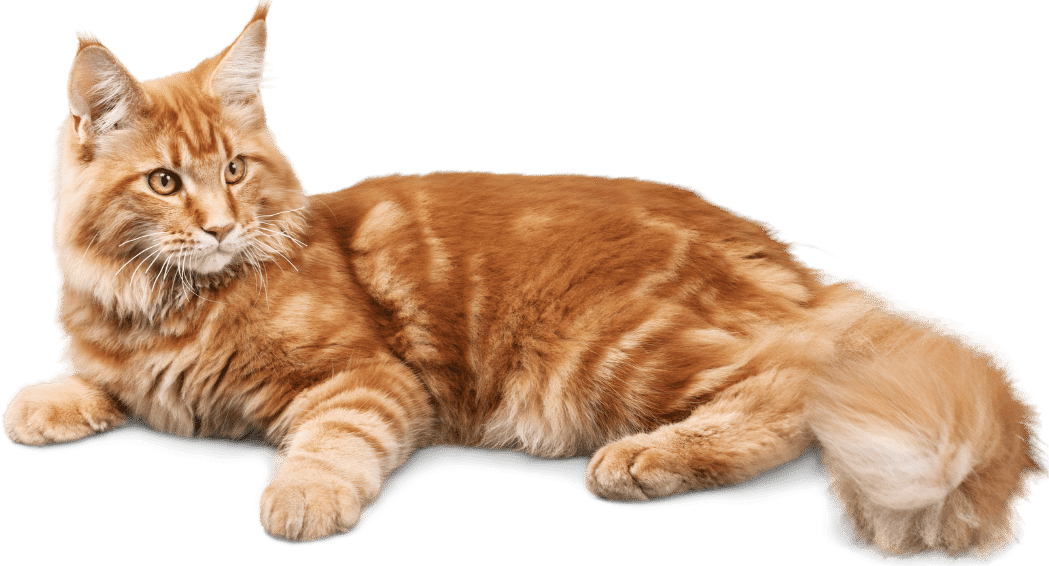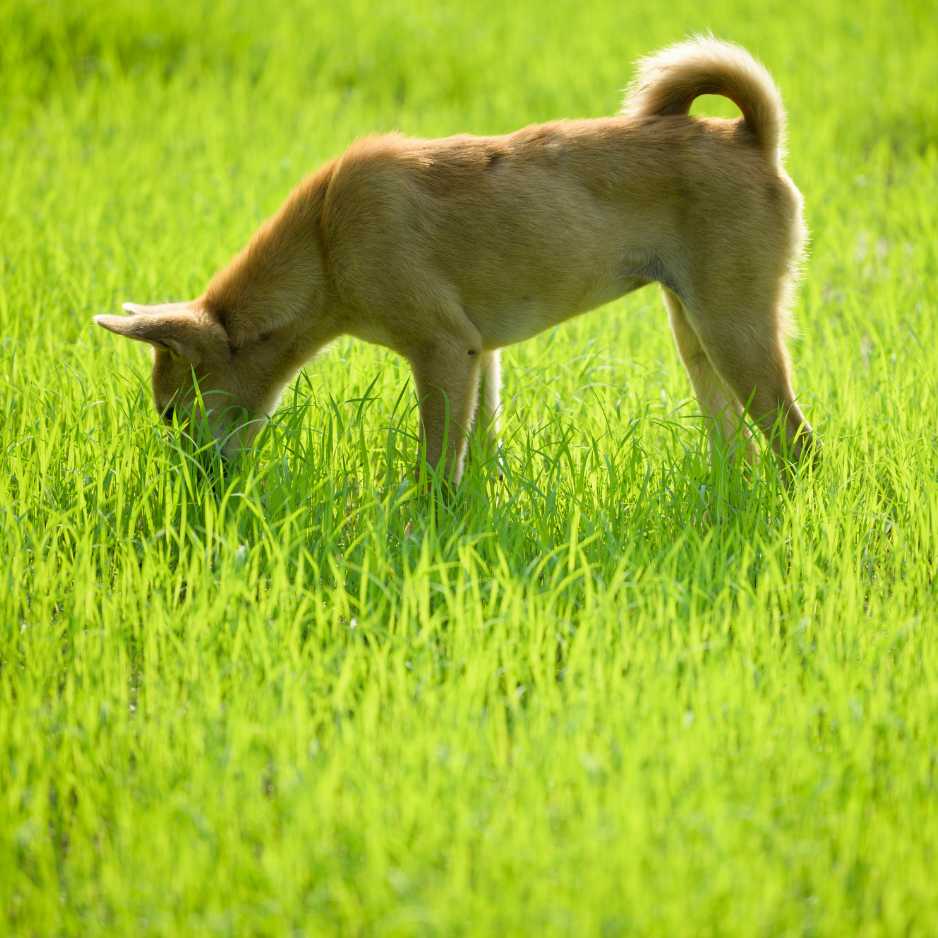Dogs have curious habits, and one that often puzzles their owners is grass eating. This behavior, observed in many dogs, can leave pet parents concerned and searching for answers. In this comprehensive blog, we’ll explore the various reasons why dogs eat grass, examine the potential health implications, and offer tips on managing this behavior.
Common Theories Behind Grass Eating
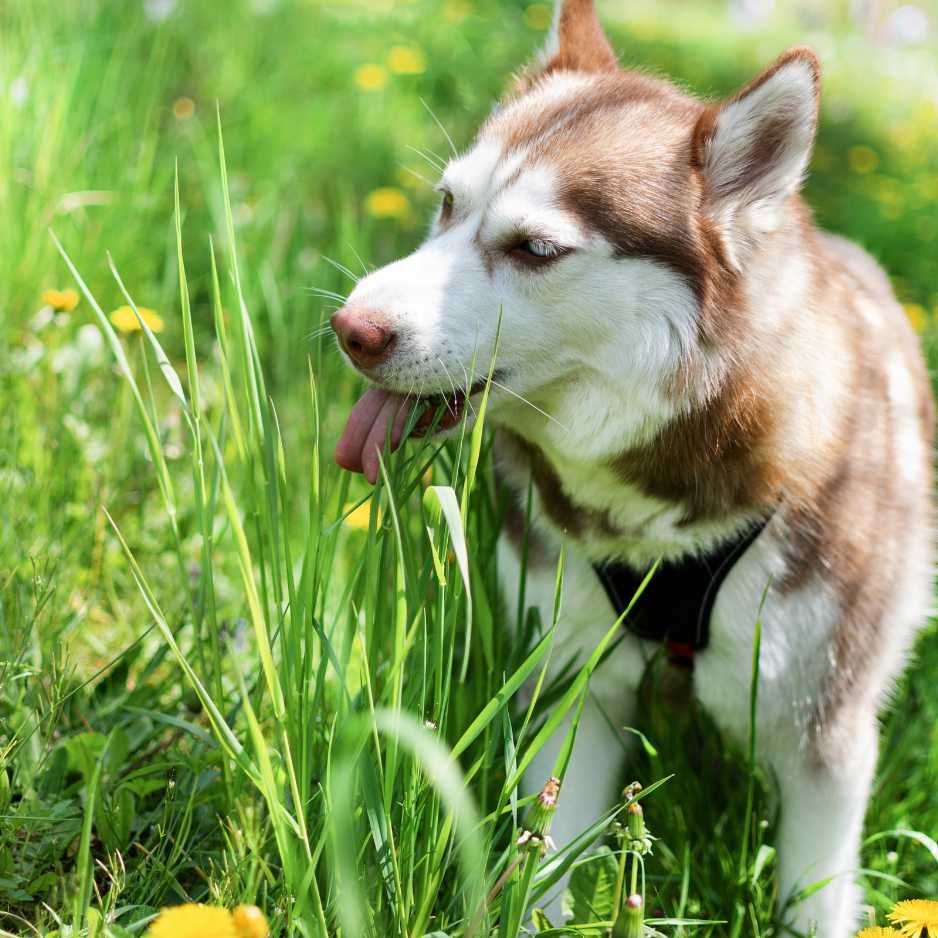
Nutritional Deficiency
One of the most common theories is that dogs eat grass to compensate for a lack of nutrients in their diet. Some believe that grass provides essential nutrients, like fiber, that dogs might not be getting from their regular food. However, this theory is not universally accepted, as many dogs on well-balanced diets still engage in grass eating.
Instinctual Behavior
Another theory suggests that grass-eating is an instinctual behavior inherited from wild ancestors. Wild canines, such as wolves, often consume the stomach contents of their herbivorous prey, which includes grasses and plants. This behavior may have been passed down to domestic dogs as a survival mechanism.
Digestive Aid
Many pet owners notice their dogs vomiting after eating grass. This has led to the belief that dogs eat grass to induce vomiting and relieve gastrointestinal discomfort. While this might be true for some dogs, it’s important to note that not all dogs vomit after eating grass.
Boredom and Anxiety
Grass eating can also be a sign of boredom or anxiety. Dogs may turn to this behavior as a way to pass time or cope with stress. Ensuring that your dog has enough mental and physical stimulation can help reduce grass eating if it’s driven by boredom or anxiety.
Scientific Studies on Grass Eating
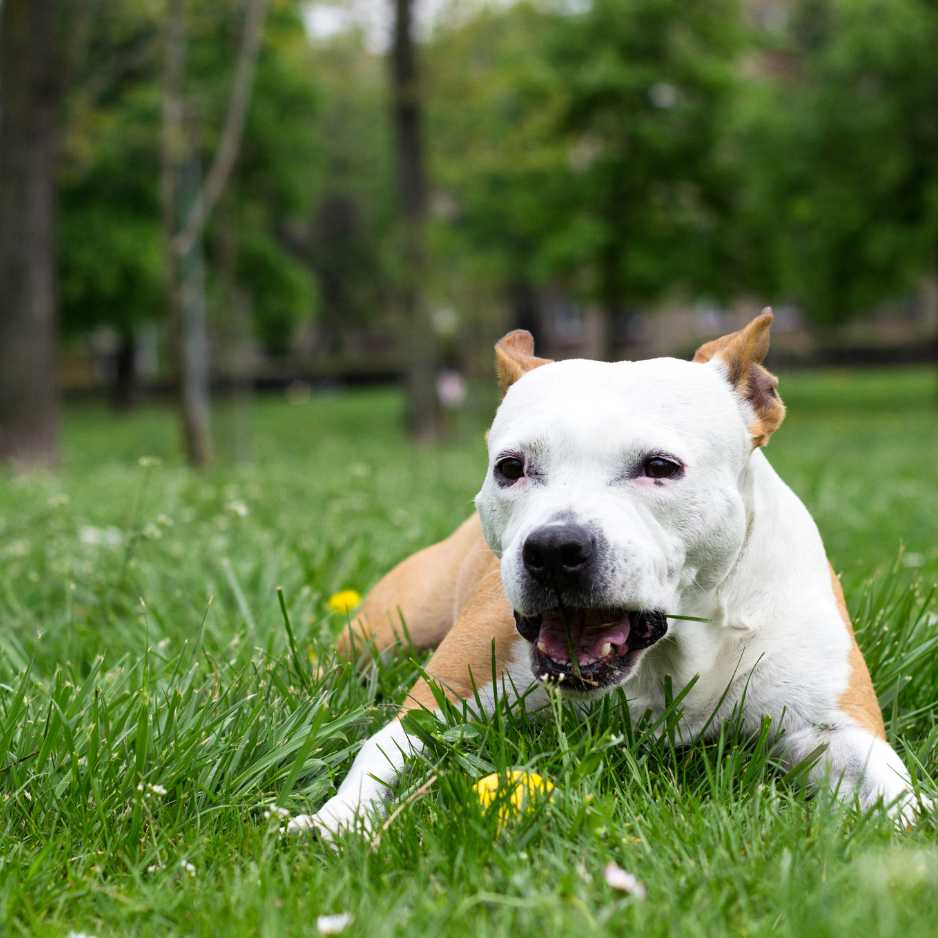
Research on grass eating in dogs is limited, but several studies have attempted to shed light on this behavior. A study published in the Journal of the American Veterinary Medical Association surveyed pet owners and found that 68% of dogs ate grass daily or weekly. Interestingly, the study also noted that younger dogs were more likely to eat grass compared to older dogs.
- Another study conducted by researchers at the University of California, Davis, observed that less than 25% of dogs vomited after eating grass. This suggests that while some dogs might use grass to induce vomiting, it is not the primary reason for most grass-eating behavior.
Health Implications of Grass Eating
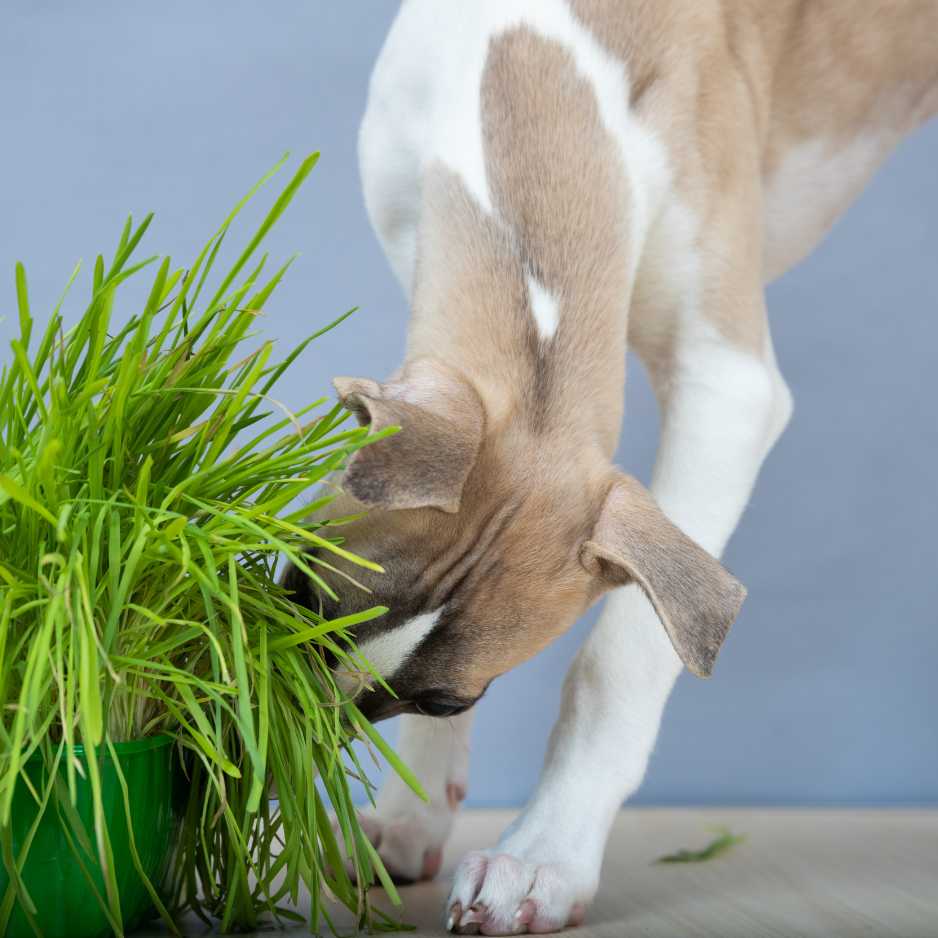
Is it Safe for Dogs?
For the most part, occasional grass eating is considered safe for dogs. Grass itself is not toxic, and many dogs eat it without any adverse effects. However, there are potential risks to be aware of.
Potential Risks
Pesticides and Chemicals: Lawns treated with pesticides, herbicides, or fertilizers can pose a risk to dogs. Ingesting treated grass can lead to poisoning or other health issues.
Parasites: Grass can harbor parasites like roundworms or hookworms, which can infect dogs when ingested.
Foreign Objects: Sharp objects or plants with thorns can cause injuries to a dog’s mouth, throat, or digestive tract.
How to Manage Grass Eating in Dogs
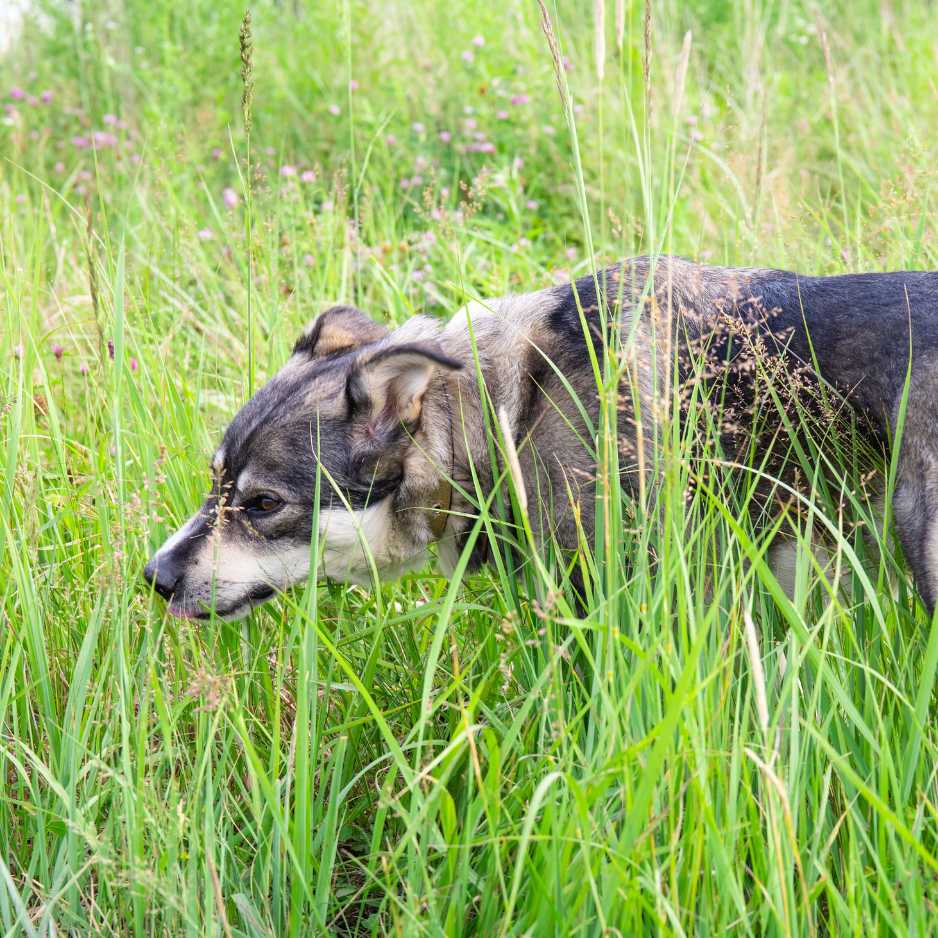
Provide a Balanced Diet
Ensuring your dog receives a well-balanced diet that meets all their nutritional needs can help reduce grass-eating behavior. Consult with your veterinarian to choose the right food and supplements for your dog’s specific needs.
Address Boredom and Anxiety
Increasing physical activity and mental stimulation can help prevent boredom-induced grass eating. Engage your dog with regular walks, playtime, and interactive toys. Training sessions and puzzle feeders can also provide mental enrichment.
Monitor and Limit Access
If you’re concerned about your dog eating grass treated with chemicals or containing parasites, supervise outdoor time and limit access to treated areas. Creating a designated play area with untreated grass can provide a safer alternative.
When to See a Veterinarian
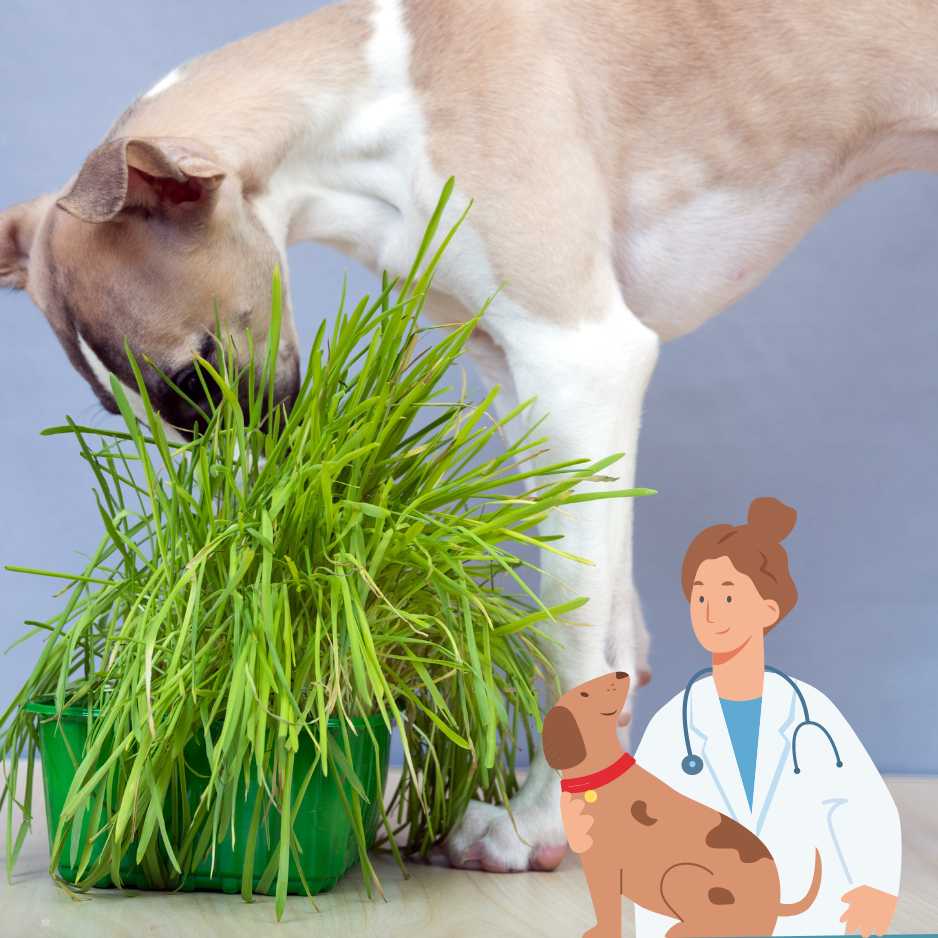
While occasional grass eating is harmless, persistent or excessive behavior could indicate an underlying health issue. If your dog is frequently eating grass and showing signs of illness, such as vomiting, diarrhea, lethargy, or loss of appetite, it’s important to consult a veterinarian. They can perform a thorough examination and recommend appropriate treatments or dietary changes.
Conclusion
Understanding why dogs eat grass can help pet owners address this common behavior better. Whether driven by instinct, dietary needs, or boredom, grass-eating is usually not a cause for concern. By providing a balanced diet, ensuring mental and physical stimulation, and monitoring outdoor activities, you can help manage your dog’s grass-eating habits. However, if the behavior becomes excessive or is accompanied by signs of illness, seeking veterinary advice is essential to ensure your dog’s health and well-being.
Frequently Asked Questions
Should I be worried if my dog eats grass?
Occasional grass eating is generally not a cause for concern. However, if it’s frequent or accompanied by signs of illness, consult your veterinarian.
Can grass eating indicate a health problem?
Yes, persistent grass eating can indicate gastrointestinal issues or other health problems. If your dog frequently eats grass and shows signs of illness, seek veterinary advice.
How can I stop my dog from eating grass?
Providing a balanced diet, ensuring enough mental and physical stimulation, and limiting access to treated grass can help reduce grass-eating behavior.
Is grass treated with chemicals harmful to dogs?
Yes, ingesting grass treated with pesticides, herbicides, or fertilizers can be harmful to dogs. Always monitor your dog and limit access to treated areas.
Why do some dogs vomit after eating grass?
Some dogs may eat grass to induce vomiting and relieve gastrointestinal discomfort. However, not all dogs vomit after eating grass, and the exact reason for this behavior varies.


